Published on Daily Mirror
- Experts say such package may or may not need involvement of IMF, depending on political stamina of govt.
- Leading international debt restructuring expert says engaging IMF could be useful for SL as agency has political legitimacy to assuage concerns raised by creditors
With the usable foreign exchange reserves falling to US $ 0.9 billion ahead of the US $ 6.9 billion external debt-servicing obligations for the year, top economists and experts assert that the only way out of the current crisis is through implementation of a broad economic reform package embedded with confidence-boosting painful reforms, which may or may not require the involvement of the International Monetary Fund (IMF), depending on the political stamina of the government.
“We must first come to the realisation that short-term, tactical measures will no longer resolve our crisis at this point. We need long-term, concrete planning. There is no doubt about the fact that economic reforms are going to be a bitter pill to swallow. But, there is no other way out. The issue, however, is that we do not seem to have a common agenda as a country to navigate the crisis,” Hemas Group CEO Kasturi Chellaraja Wilson told the Sri Lanka Economic Outlook 2022 forum, organised by the Friedrich Naumann Foundation for Freedom and NextGenSL, in Colombo, last Thursday.
Joining in, economist and Verité Research Research Director Deshal de Mel pointed out that debt restructuring, which allows a pathway to regain access to the global capital market, could be the prudent approach for Sri Lanka to address the current crisis, given the current unsustainable debt dynamics. He pointed out that although the country had US $ 3.1 billion foreign exchange reserves by the end of 2021, only US $ 0.9 billion can be considered as usable foreign exchange reserves and he highlighted that 70 percent of the state revenue is exhausted on interest payments alone. “Sri Lanka must find a way to build its reserves and to adjust the country’s fiscal trajectory,” De Mel added. Meanwhile, Prof. Lete. C. Buchheit, a leading international debt restructuring expert, with a 43-year legal career, who joined in virtually, shared that a success of a homegrown adjustment programme, without an involvement of a third party such as the IMF, would depend on the government’s political stamina. “Any fiscal adjustment programme initiated at this stage will be distasteful and will involve a degree of pain. Even a homegrown adjustment programme will entail certain political problems, due to the nature of reforms. The question here is whether the country’s political leaders will have the political stamina to proceed with them,” he elaborated.
However, Prof. Buchheit pointed out that having the IMF involved in a debt restructuring exercise could be useful for Sri Lanka.
“Commercial creditors caught up in this issue often ask themselves whether the proposed debt restructuring is necessary and whether the conditions proposed to them are proportionate to what the country actually needs. This could be a challenging process, as both the public and creditors would say that they are disproportionately carrying the burden. Therefore, the only entity in the world with the technical expertise and political legitimacy to assuage such concerns and handle this process is the IMF,” he elaborated.
Commenting on international credit ratings and reaccessing to international capital markets, Prof. Buchheit emphasised that upon the completion of the debt restructuring exercise, Sri Lanka could upgrade its international credit ratings.
“When the country announces the need for debt restructuring, rating agencies will downgrade the country to ‘selective default’ and this rating will remain until the restructuring is completed. Once this is done, they will upgrade the country to higher rating categories,” he added.
Meanwhile, senior economist and the newly-appointed University of Colombo Vice Chancellor Prof. H.D. Karunaratne proposed to set up a Japanese-style ‘Economic Planning Agency’ to maintain stable and consistent policies related to the country’s economy while stressing that short-term fixes would not resolve the underlying issues in the economy.
“Whatever we do, we cannot expect satisfactory results unless we decide to keep our house in order. We can go on borrowing money from bilateral partners but what’s the point in doing so without any concrete plan to address these key areas for concern?” he questioned.

